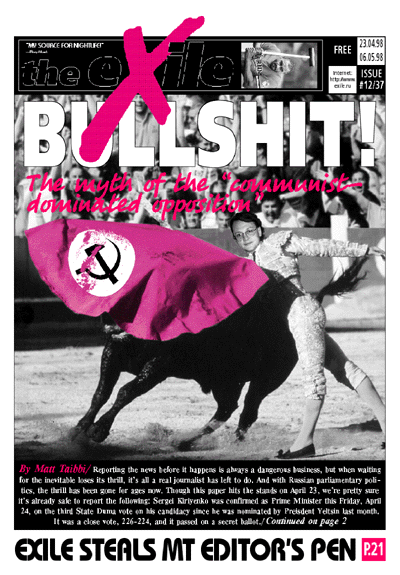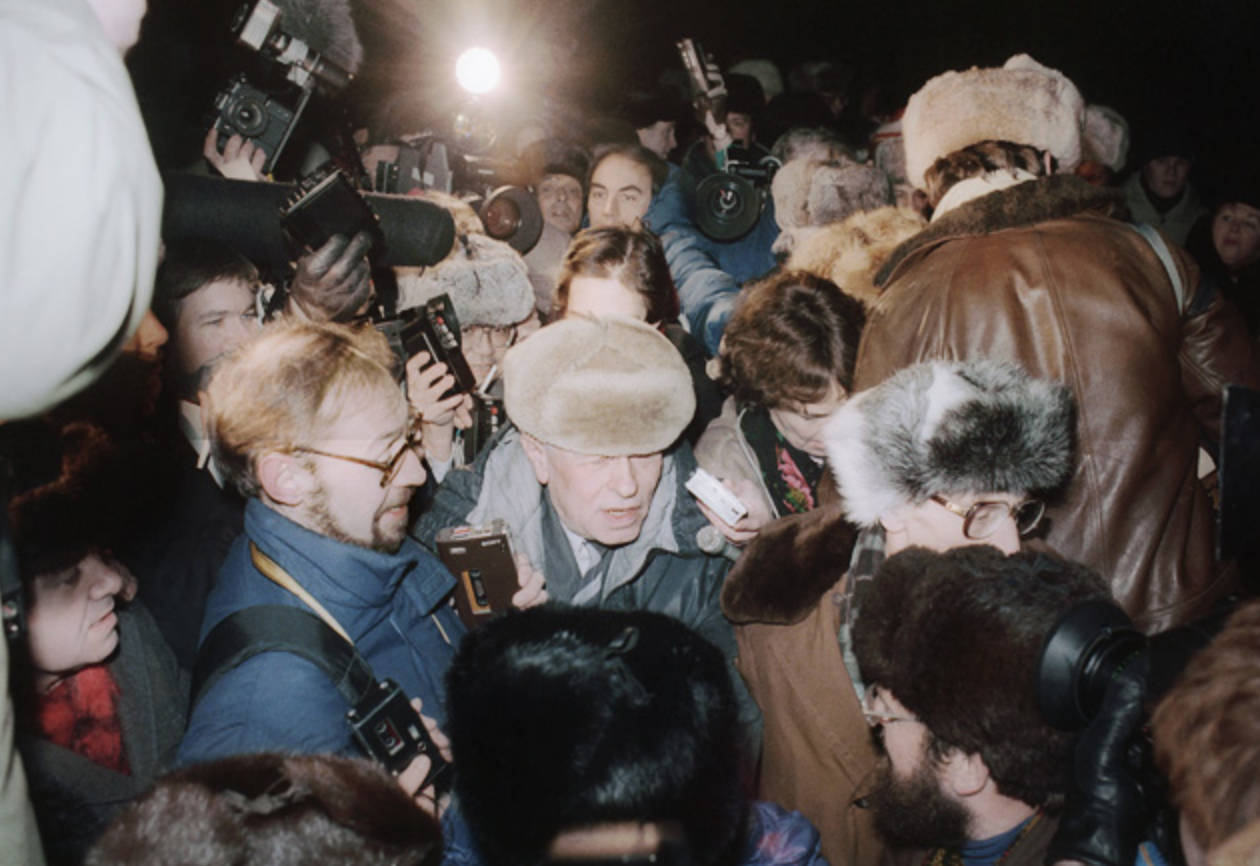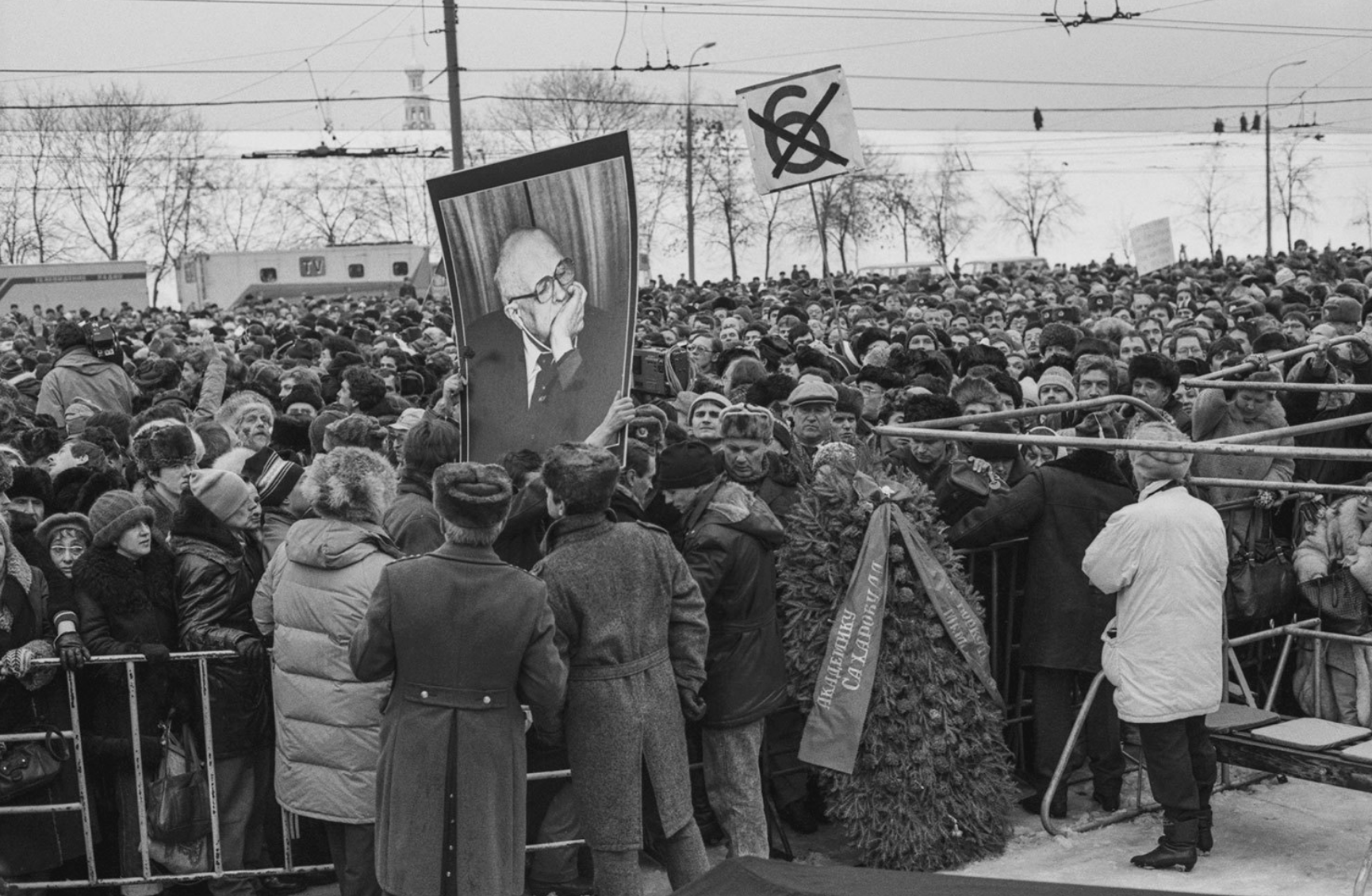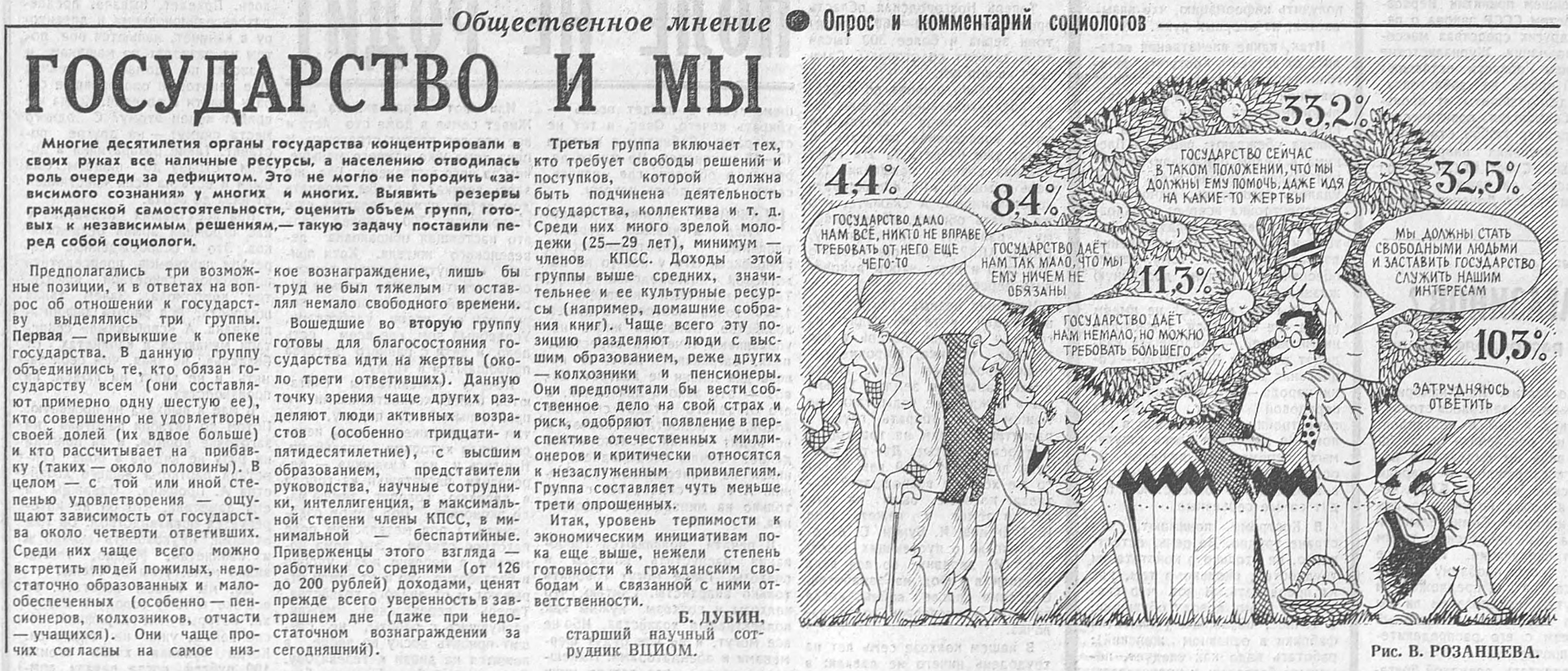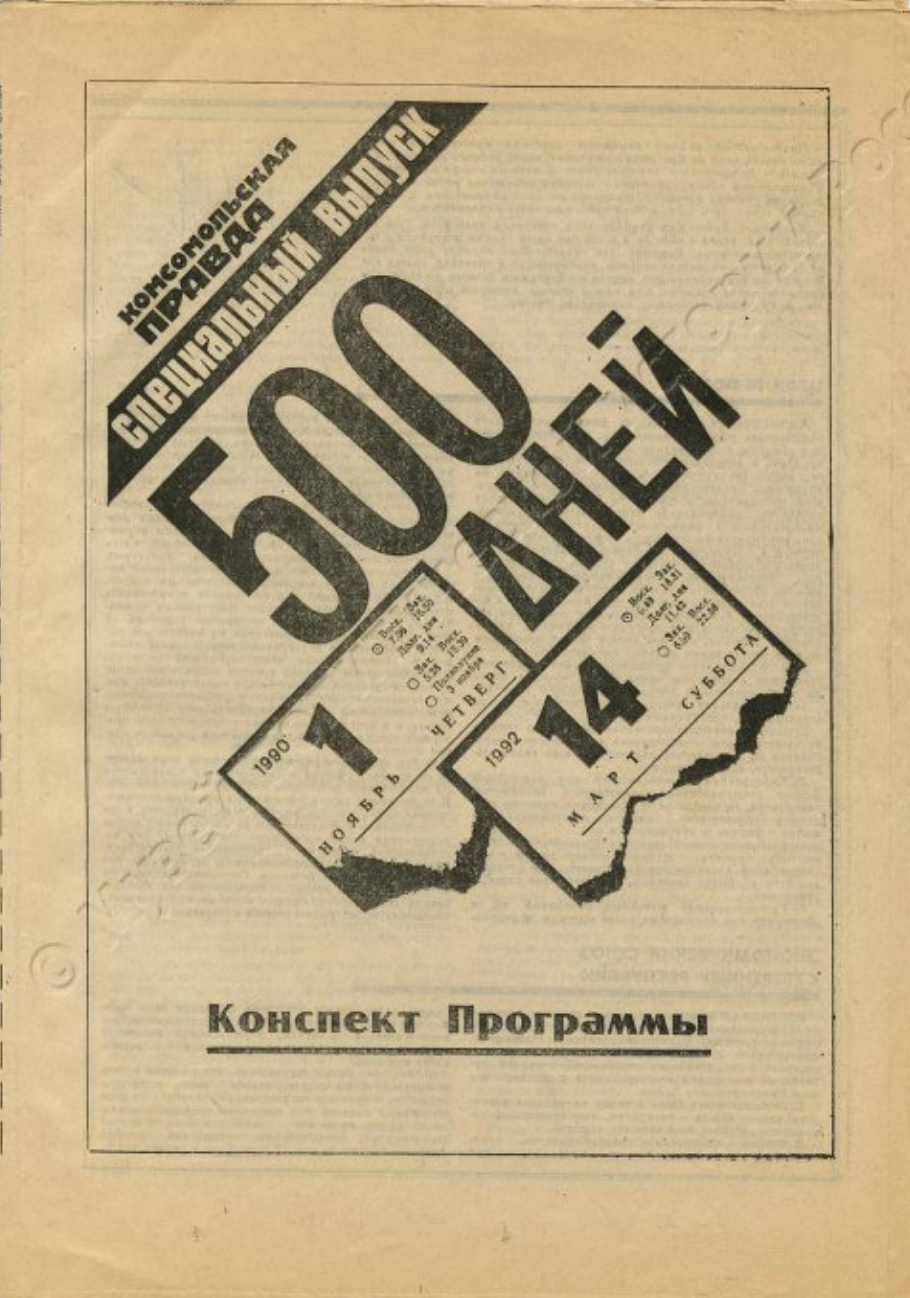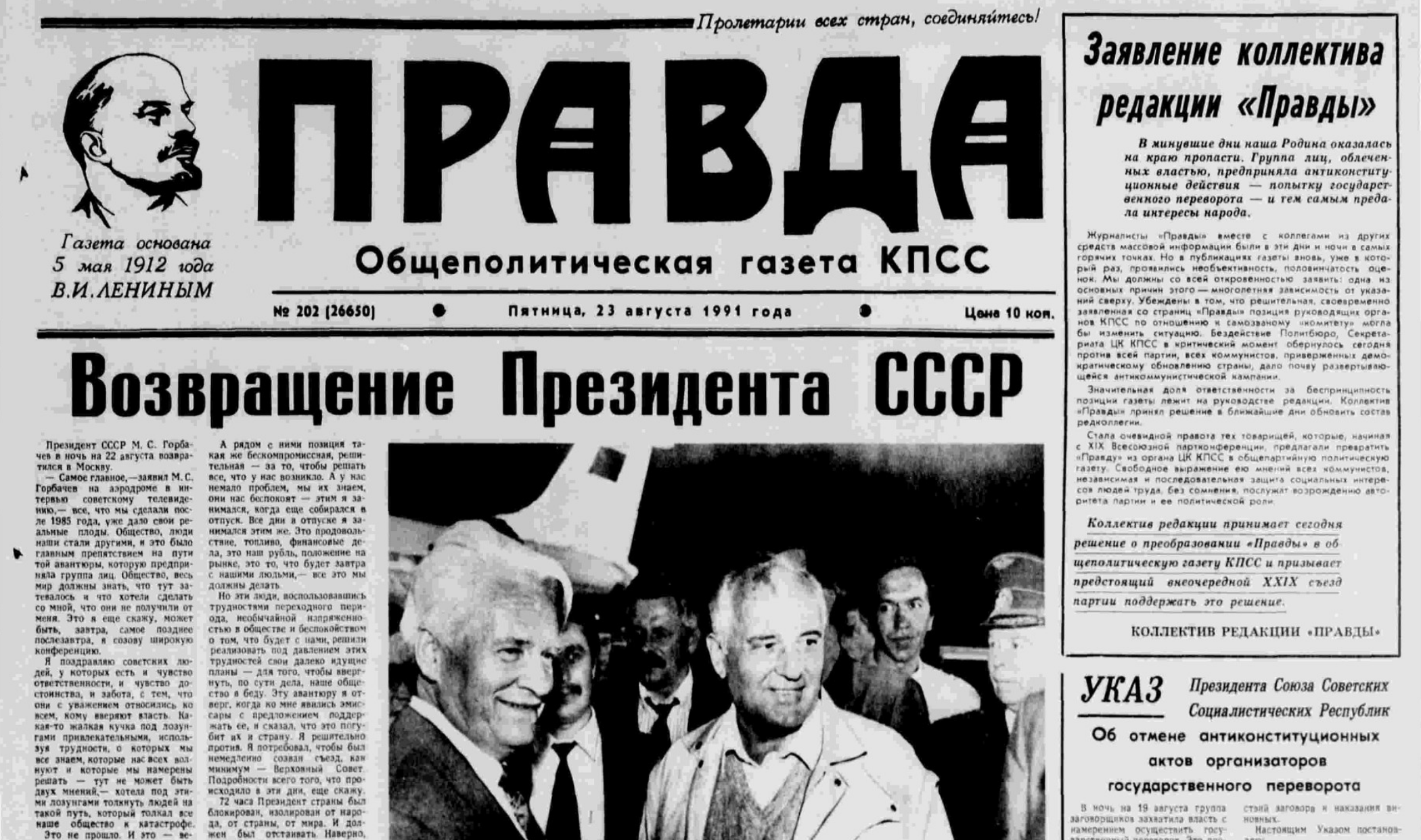Explore: media » journalism-print
the eXile: Bespredel for Expats
The Moscow-based, English-language magazine the eXile combined gonzo journalism and stiob to provide unique reporting on post-Soviet Russia. At the same time, the outlet fetishized the very 1990s-era lawlessness or bespredel—not to mention Western sexual and economic exploitation of Russia—that it nominally denounced and condemned.
Sakharov returns from Gorky
The return from exile of physicist, dissident, and 1975 Nobel Peace Prize laureate Andrei Sakharov (1921-1989) was a media sensation—here emblematized in a photograph of reporters swarming him as he steps out of a car in Moscow. His return marked a powerful popular comeback for the renowned human rights activist who, despite years of official condemnation, received growing press support through perestroika until his death in 1989.
Death and funeral of Andrei Sakharov
Andrei Sakharov (1921-1989), a physicist and Nobel Peace Prize-winning dissident, returned to Moscow from internal exile in 1986. He quickly became one of the USSR's most popular and respected public figures, surpassing even Gorbachev in some polls. His sudden death in December 1989 drew tens of thousands of mourners, despite a muted official response.
The Rise of Public Opinion Polling
A collection of data presentation venues of the All-Russian Center for the Study of Public Opinion (VTsIOM). After the fall of the Soviet Union, VTsIOM became the Russian Federation’s most important polling organization.
“500 Days: Program Summary"
A summary of the "500 Days" economic recovery program featured in a special 1990 issue of the daily paper "Komsomol'skaya pravda."
View Artifact
"Pravda" editors pledge to do better, 23 August 1991
Editors’ statement on the front page of iconic Soviet/ Russian daily "Pravda" from 23 August 1991, just after the failed 1991 anti-Gorbachev putsch.
View Artifact
